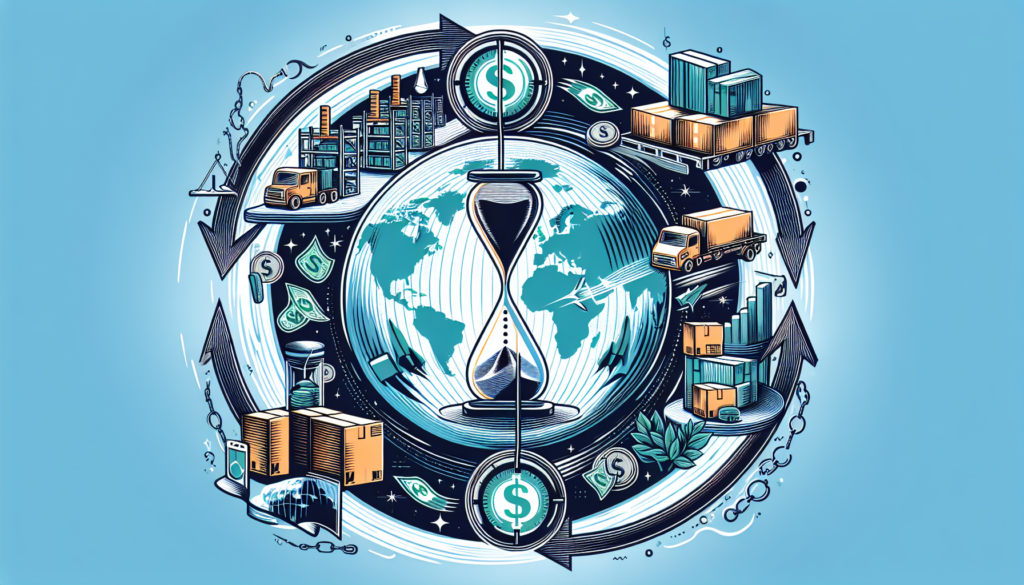One of the most obvious costs of outsourcing fulfillment services is the financial aspect. Many businesses are attracted to outsourcing because it promises cost savings in terms of labor, infrastructure, and technology. While it is true that outsourcing can lead to initial cost savings, it is important to consider the long-term implications. Outsourcing providers often charge additional fees for services such as storage, pick and pack, and shipping, which can add up quickly. In addition, there may be hidden costs such as setup fees, minimum volume requirements, and extra charges for rush orders.
Another cost to consider when outsourcing fulfillment services is the loss of control. When you outsource fulfillment services to a third-party provider, you are entrusting them with a crucial aspect of your business operations. This means that you may have less visibility and control over the process, which can lead to issues such as stockouts, shipping delays, and poor customer service. In addition, if the outsourcing provider makes a mistake, it can reflect poorly on your business and damage your reputation.
Furthermore, outsourcing fulfillment services can lead to logistical challenges. When you work with a third-party provider, there may be communication gaps, time zone differences, and cultural barriers to navigate. This can make it difficult to coordinate activities, resolve issues, and ensure that your products are delivered on time and in good condition. In addition, if the outsourcing provider is located overseas, you may have to deal with customs regulations, import/export duties, and shipping delays, which can further complicate the process.
Despite these challenges, many businesses still choose to outsource fulfillment services because of the potential benefits. Outsourcing can help businesses scale quickly, expand into new markets, and focus on core activities. It can also provide access to expertise, technology, and resources that may not be available in-house. However, it is important to weigh the pros and cons carefully and consider the true costs of outsourcing fulfillment services before making a decision.
In conclusion, the true costs of outsourcing fulfillment services go beyond just financial considerations. It is important to consider the loss of control, logistical challenges, and other potential drawbacks before deciding to outsource. By understanding the true costs associated with outsourcing fulfillment services, businesses can make informed decisions that benefit their operations in the long run.
FAQs:
Q: How can I determine if outsourcing fulfillment services is the right choice for my business?
A: Consider factors such as your business goals, budget, scalability, and core competencies when deciding whether to outsource fulfillment services.
Q: What are some alternatives to outsourcing fulfillment services?
A: Some alternatives to outsourcing fulfillment services include in-house fulfillment, dropshipping, and using a fulfillment network.
Q: How can I find a reliable fulfillment provider?
A: Look for a fulfillment provider with a proven track record, good references, transparent pricing, and a strong customer service team.
Q: How can I ensure a smooth transition when outsourcing fulfillment services?
A: Communicate clearly with your outsourcing provider, set clear expectations, provide detailed instructions, and monitor the process closely to ensure a smooth transition.
For more information about outsourcing fulfillment services, visit https://fulfillmenthubusa.com.
[ad_2]
